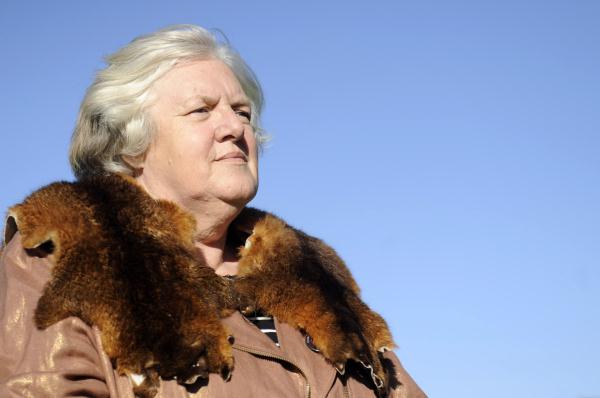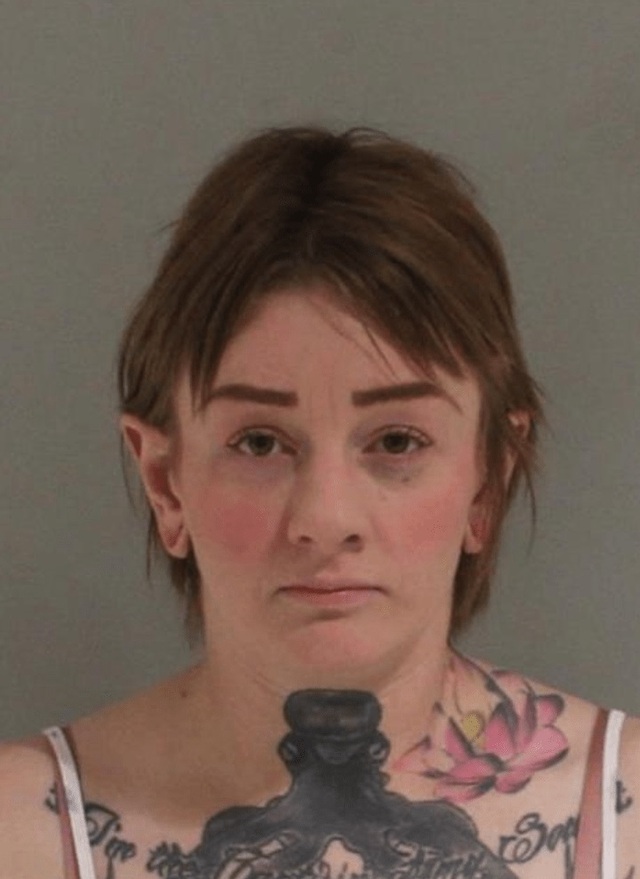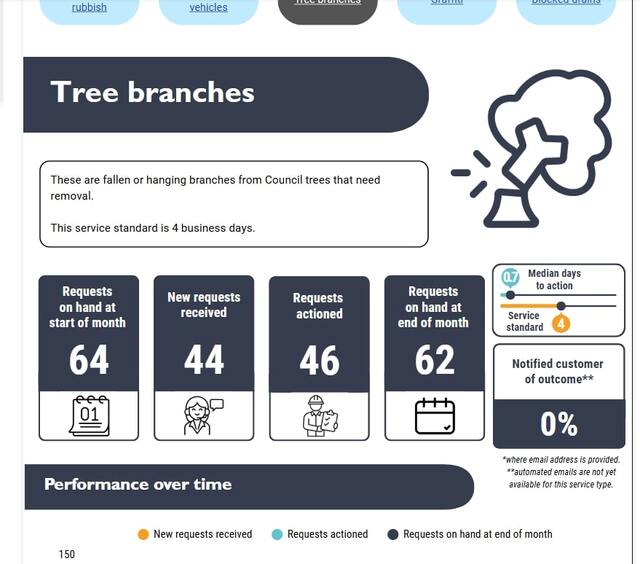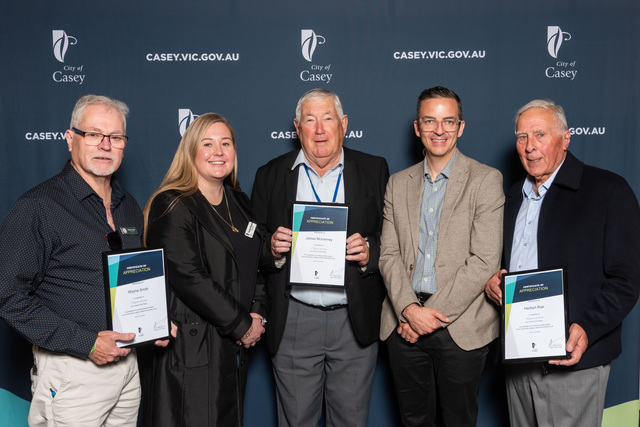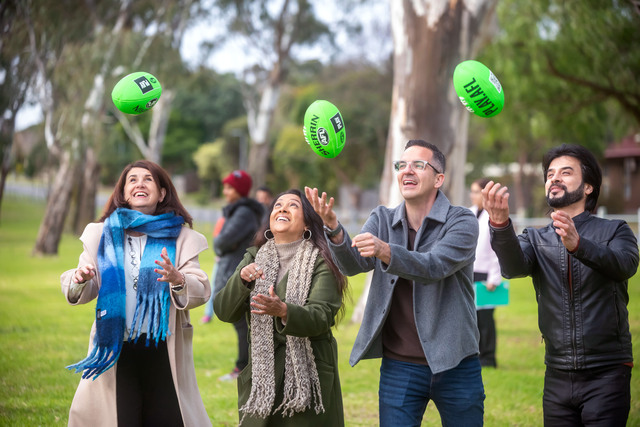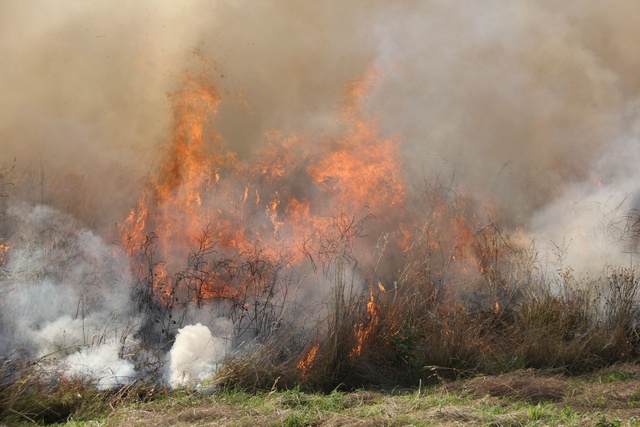By CAM LUCADOU-WELLS
Wurundjeri elder Diane Kerr recently told the Journal she wanted to convene a summit of community elders to tackle the scourge of the drug ice.
A long-time member of Dandenong and District Aboriginal Co-operative, she has been at the forefront of keeping alive her culture and its connection with the land. She speaks to CAMERON LUCADOU-WELLS about how she manages to inhabit “two worlds”.
IT’S an amazing feeling being part of the “oldest living culture in the world”, says Diane Kerr.
She lives in Narre Warren, has resided in Dandenong for 30 years and continues to be a member at Dandenong and District Aboriginial Co-operative, but her people’s home is in the heart of Melbourne.
Birrarung Marr on Melbourne’s riverbanks used to be the base for her people.
Aunty Di still performs ceremonies there, adorned in possum skin that reminds her of her mother named Woolert (or possum).
During initiation ceremonies at Dights Falls, Abbotsford – the confluence of Yarra River and Merri Creek – she said she can “picture my people on the other side”.
As an elder, she takes part in an annual harvest of murnong, or daisy yam – once a staple of the Wurundjeri diet – at the creek.
Women and girls set up campfires, digging up the murnong roots with sticks not shovels.
This is “the old way”, Aunty Di said and was just what happened at the same place 50,000 years ago.
It’s one of the parts of “women’s business” that is steadily being reclaimed by young and old generations.
“I try to imagine the city without buildings and pathways. You can if you connect with the country,” Aunty Di said.
“The country is not lost. It’s hidden. You just have to connect.”
In Royal Park, five tribes of the Kulin nation have traditionally met.
She is thankful that the East-West Link’s revised route will spare the historic site, unlike EastLink which bulldozed its way through sacred sites.
History repeats in an odd way. The MCG was – and in a different way still is – a ceremonial ground, Parliament House sits where Wurundjeri people did “our parliamentary business” and Queens Hall is on another ceremonial site where elders talked about family, education and everyday life matters.
“When people look at Aboriginal history they see it as a past history but it is not.”
She said young adults were being “so strong” in keeping the culture alive.
Some, however, suffer from an identity crisis from trying to live in two incompatible worlds, struggling with how they fit in, how to get an education and avoid drug and alcohol excesses.
“Elders have to take their stand as elders,” she said.
“The elders in each tribe, each mob of people have to come together, sit down and talk about what’s needed in communities and how we can assist each other.”
Aunty Di became an elder 26 years ago but said it had only been in recent years that she had found her voice.
One of her concerns is that ill-health is robbing her people of their future.
As she puts it, “our mob” have poor health and die young.
She gave up smoking two years ago as part of her stand, “otherwise how can I tell people to be healthy? I had cancer. I shouldn’t have been smoking.”
She helped found research at Melbourne University’s Heart Research Centre – with funding from depression advocate Beyondblue – into the mental illness and chronic disease that afflict Wurundjeri people.
“I wanted to know why we won’t heal,” Aunty Di said.
She points to her heart. “It shows that it’s from here.”
There’s a type of “post-traumatic syndrome disorder” through the culture – “the stress and distress of being removed off country”.
As Europeans moved in, Aunty Di’s people were removed to Coranderrk mission in Healesville.
They were unable to speak their language and practise ceremonies, dance, hunting and gathering foods.
“They lost their place. It’s like being a refugee in your own country.
“You’re placed in a place where one man controlled everything. You were punished if you spoke your own language.”
Another part of the ailment is the loss of the Wurundjeri “almost vegetarian” diet of traditional healthy foods from the land such as lean meat from kangaroo and the fruits and berries.
Somehow the culture – the longest surviving people – survives through the efforts of leaders such as Aunty Di.
“It shows how resilient we were to get through that. It’s powerful for me to think of that.”
In her mother and grandmother’s era, they hid away knowledge, their very Aboriginality, as “protection” from a government that was taking away their children.
Unfortunately, as the elders passed away, their knowledge went with them.
Aunty Di is among many who want to reclaim and re-learn traditions.
Her cousin’s niece Mandy has been researching an anthropologist’s records on Wurundjeri language and dance, sharing her discoveries on Facebook.
Mandy, a fluent speaker of the language, found Wurundjeri sounded like “Woorundjeri”.
Aunty Di now incorporates that revision into her frequent Welcome to Country talks.
Though she knows little of her native tongue, Aunty Di regards it as her first language, English her second.
“I consider language as a gift. When I hear others speak language, it’s just beautiful.
“But it makes me feel sad in the heart because I can’t give that gift back to anyone until I learn my own.
“Some people get angry when others speak in their own language. I say to them never lose your language.”
Aunty Di said her people had always had their oral stories to teach them about “our country” and customs.
She has felt the traditions’ rekindling as she takes part in women’s ceremonies, seeing the young ones dance with elders. It’s helped all of them connect to Country.
“We perform our ceremonies not because of a Welcome to Country opening or Moomba but because it’s part of our calendar year.
“That’s what we did before.
“We need to share that and we don’t want to lose that again.”

